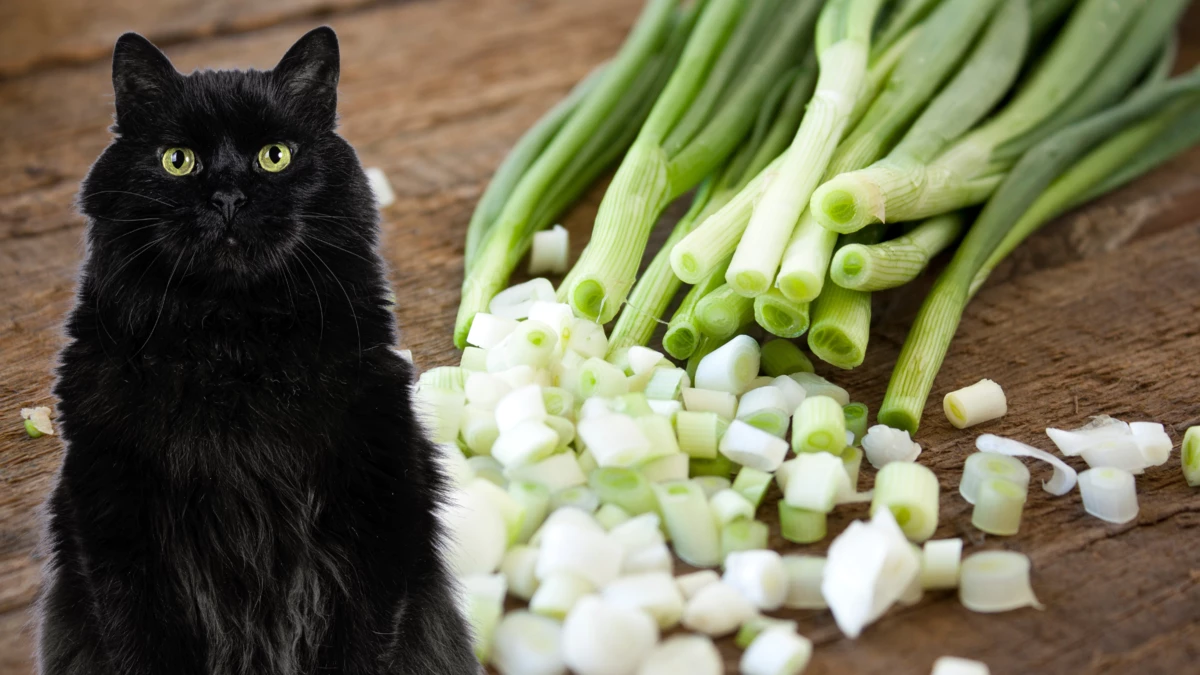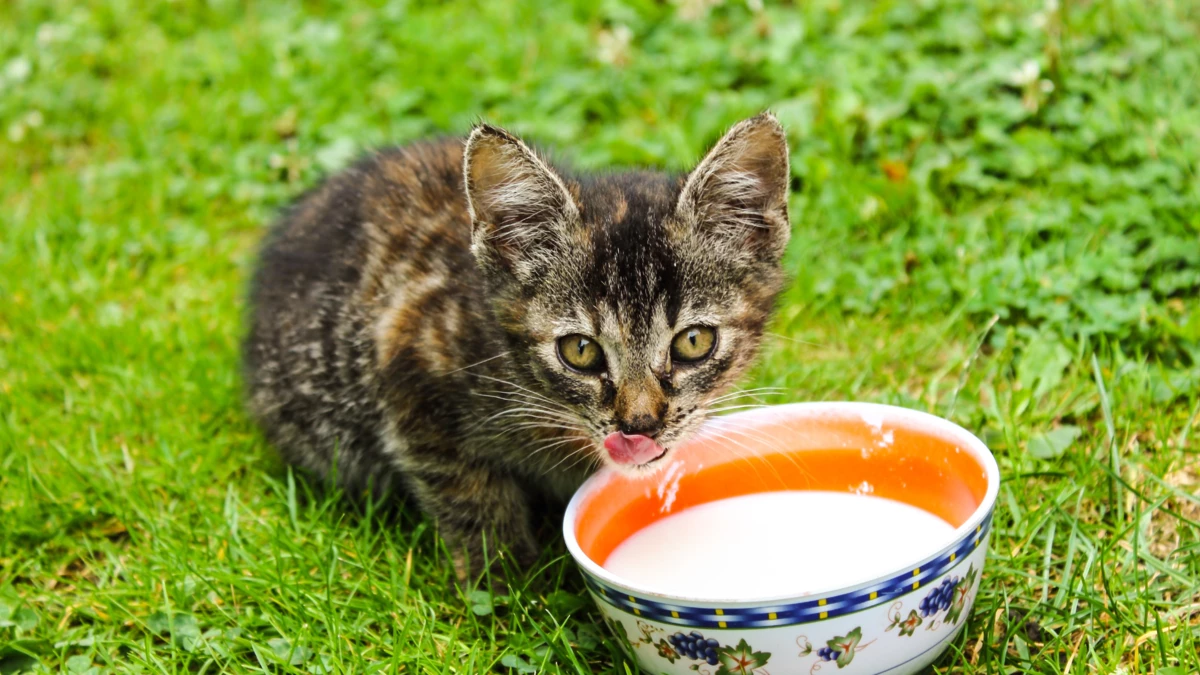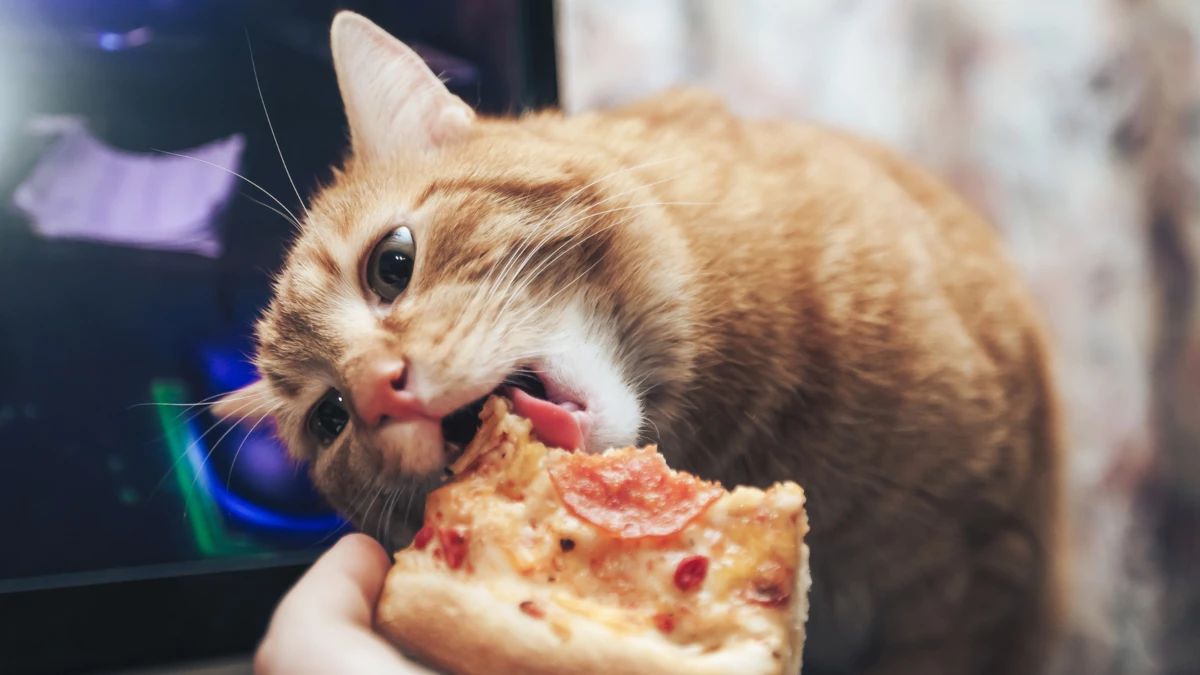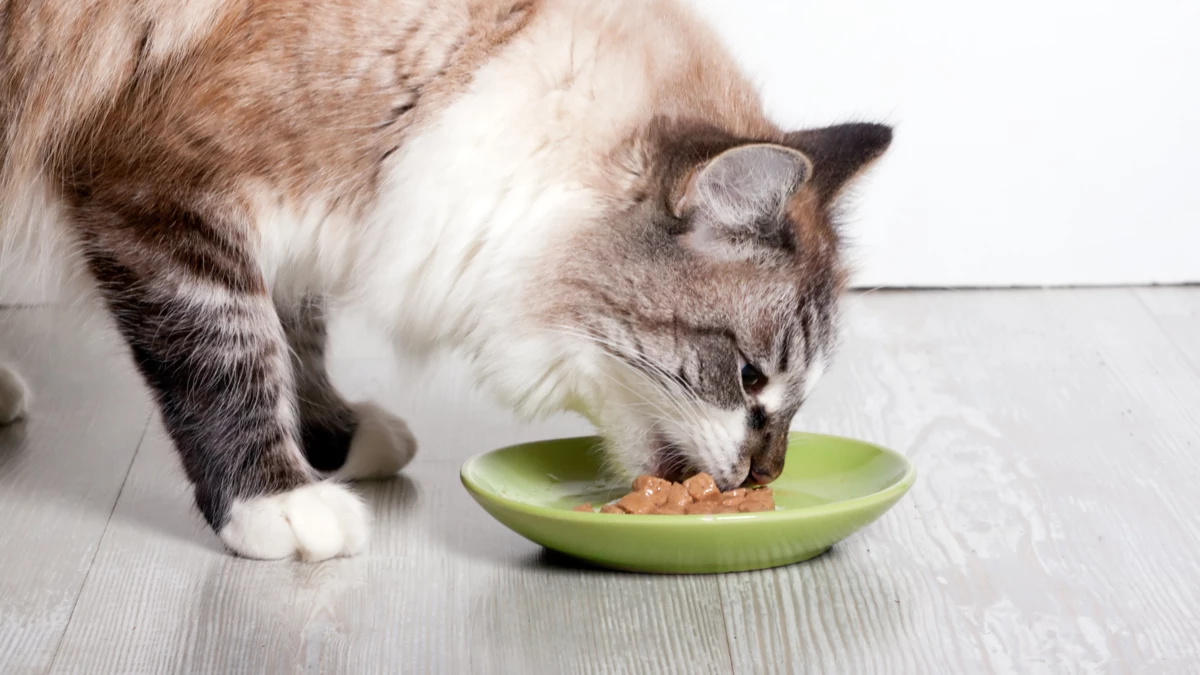Can cats eat peanut butter?
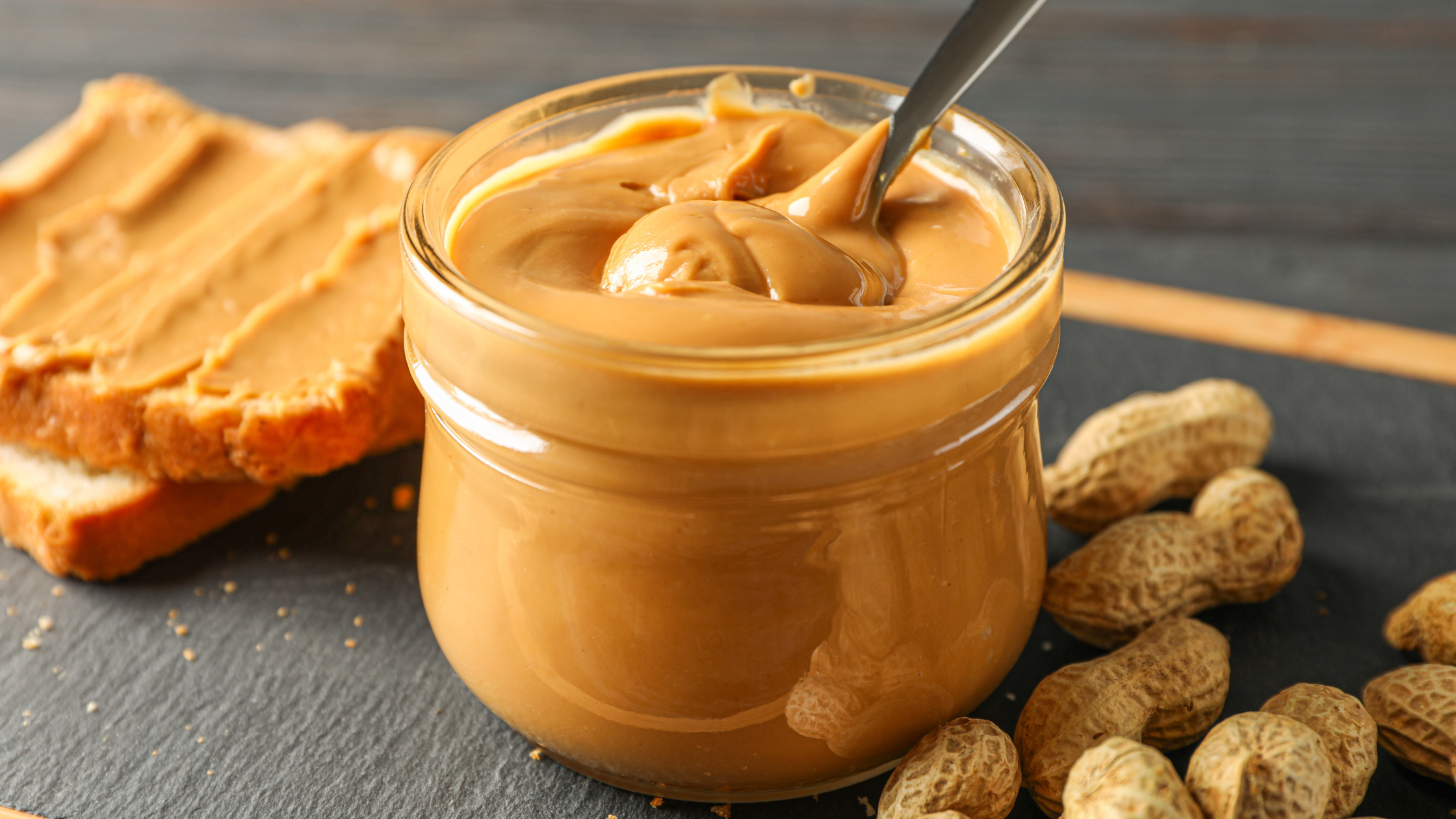
Many, if not all, cats love the smell of peanut butter. In fact, most veterinarians recommend it to help cats with their medication. But it is a pressing question. Can cats eat peanut butter? Will it be on the daily menu? Is it poisonous to cats? Are raw potatoes ?
What is autism?
The short version of the answer is yes. But this is the wrong question. The right question is, should cats eat peanut butter? The answer is no, cats should not eat peanut butter.
cats are carnivores
From your high school biology, you know that cats are carnivorous mammals. This means that they survive by eating meat. Now, in addition to being classified in the category of carnivores, they also belong to a subcategory called obligate carnivores.
Obligate carnivores must eat meat to survive. Their digestive systems are not designed to break down plant matter. If a cat does not get enough protein, his body will turn into muscle. It will break down your muscles to generate the energy needed to perform different tasks.
Contrary to popular belief, digesting plant matter is not a simple process. Herbivores must rely on beneficial bacteria to help complete the digestion of the plant parts they consume. Since plants tend to be very low in calories and nutritional value, you must eat a lot of plants to meet your nutritional goals.
How are cats different from humans?
Humans are omnivores. This means that they eat all types of non-toxic edible foods. Your digestive system can digest plant and animal matter.
But despite being omnivores, humans who tried to survive on animal matter did not prosper. Because? Well, because the glucose that our cells need to function correctly comes from the digestion of carbohydrates in plants.
Cats synthesize glucose through a process called gluconeogenesis. This is where animal protein is broken down to produce the glucose needed for energy synthesis.
Benefits of peanut butter
Many people online have tried to answer whether cats can eat peanut butter. While you’ll notice their explanations vary slightly, they seem to agree on one thing: the wonderful benefits of peanut butter.
Peanut butter contains biotin, which hydrates the skin and strengthens nails. It also contains vitamin A, which greatly stimulates the immune system, thus providing great protection against diseases. Peanut butter also contains vitamin E, which contributes to healthy heart function.
All of the above benefits apply to various vitamins and, by extension, peanut butter. However, all these benefits are of no use to your kitty. Because? Well, to get the aforementioned benefits, peanut butter must first be digested into the absorbable components mentioned above.
Since your cat does not have the ability to digest plants, all the healthy vitamins contained in peanut butter will simply pass through the system without helping the cat’s body in any way.
You should keep in mind that peanut butter also contains monosaturated fats. These facts are very healthy for humans, but a large number of them are poisonous and deadly for cats.
How to make sure your cat’s coat stays shiny?
Do cats need the nutrients contained in peanut butter? Yes. Cats need vitamins A, E and H to lead a normal, healthy life. But now, since their digestive system cannot digest peanut butter and absorb the aforementioned nutrients, how will cats get these nutrients?
Remember, these nutrients help protect the heart from diseases and conditions, keep the immune system functioning and in top condition, and generally keep the coat shiny. The shiny coat of an animal means good health.
Well, cats need more than a diet of fresh meat to live healthy lives. Although the coat is shiny because it is rich in nutrients, over-washing, aging and being overweight can dull it.
Should peanut butter be used to medicate cats?
Cats have proven difficult to medicate. They usually don’t like swallowing pills and are used to despising delicious medicine.
If your cat takes medication and likes peanut butter, it is a good idea to mix the peanut butter with the medication. This is the only time your veterinarian recommends feeding your cat peanut butter. In this case, the advantages outweigh the disadvantages.
The benefits of taking this medication outweigh the side effects of taking peanut butter.
Why feed cats peanut butter?
We all know that cats are very picky about what they eat. They will unapologetically refuse to eat peanut butter unless it is something the cat has eaten before and is used to.
Without a doubt, all cat owners love their cats and want them to have the best and be happy. Since eating certain treats brings them joy and happiness, they automatically assume that their cat does too.
But that couldn’t be further from the truth. Cats don’t eat for pleasure. Only humans do it. They eat to get the energy they need to get through the day. That said, feeding your cat more than his normal diet can do more harm than good.
Does peanut butter affect cats?
We’ve pinned down the answer to “Can cats eat peanut butter?” is a no Now let’s look at some of the side effects of feeding cats peanut butter. Side effects include vomiting, indigestion, obesity, diarrhea, and throat trapping.
Vomiting or even diarrhea in cats is rare. Since cats cannot digest plant matter, peanut butter may cause an upset stomach in cats.
Additionally, high fat content can lead to diabetes and many health problems.
Can cats be allergic to peanut butter?
Keep in mind that a food allergy is different from a food intolerance. A food intolerance is when ingestion of a food causes upset stomach, diarrhea or vomiting.
Allergies, on the other hand, are more serious and can be life-threatening. Allergic reactions include the food intolerance symptoms mentioned above, but also rashes, swelling, difficulty breathing, and sneezing.
If you find that your cat is having an allergic reaction, you should seek professional veterinary advice about whether or not your cat can eat peanut butter.
What should be fed to cats?
With all the restrictions on what cats can eat, choosing what to feed your cat can be quite a stressful matter.
However, things become easier when you decide to feed your cat commercial cat food, either dry or wet. Most of these cat foods are designed with the help of a veterinary nutritionist. Therefore, you can rest easy knowing that these foods cover all your nutritional needs.
Be careful when purchasing cat food. Do not substitute dog food for cat food. They may be somewhat similar but have different nutritional properties.
For cat food, you should choose Blue Wilderness High Protein Dry Cat Food or Blue Wilderness Wild Delights

